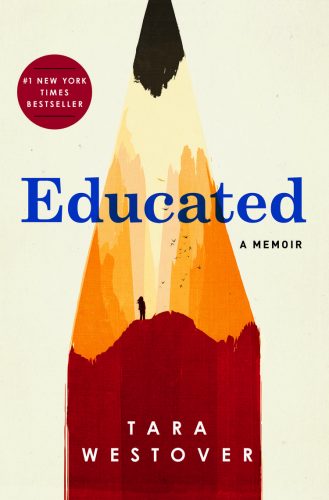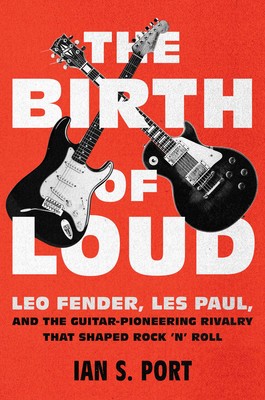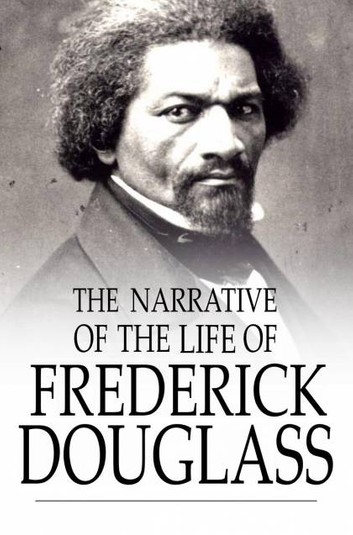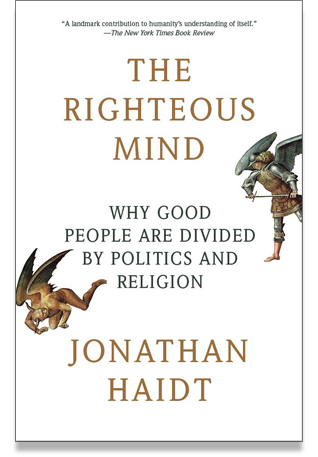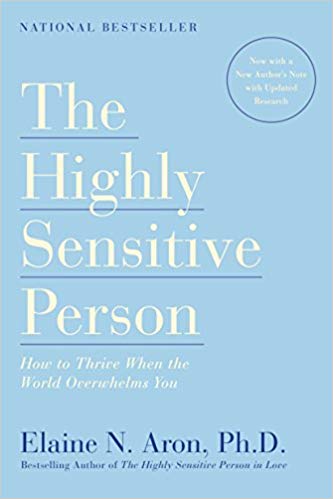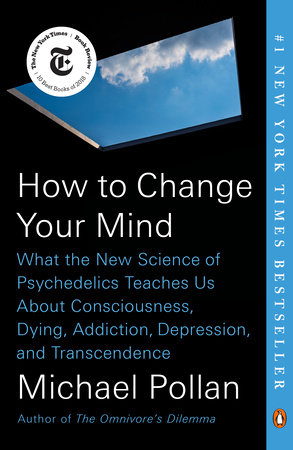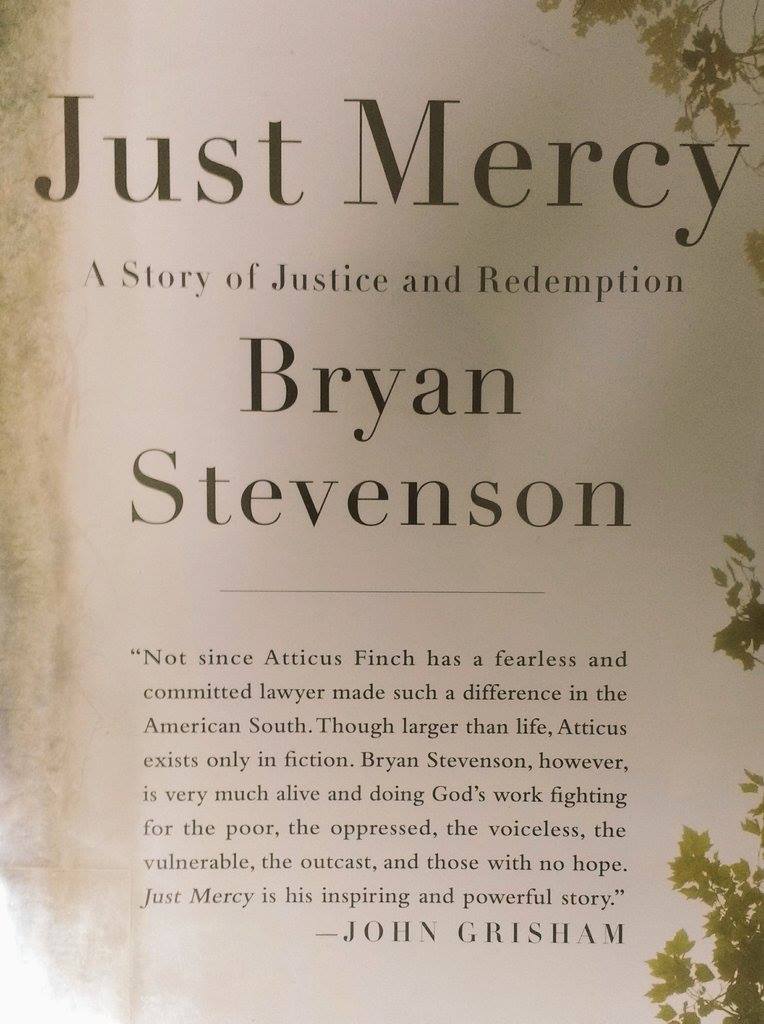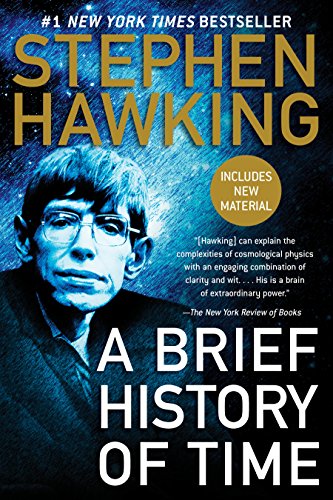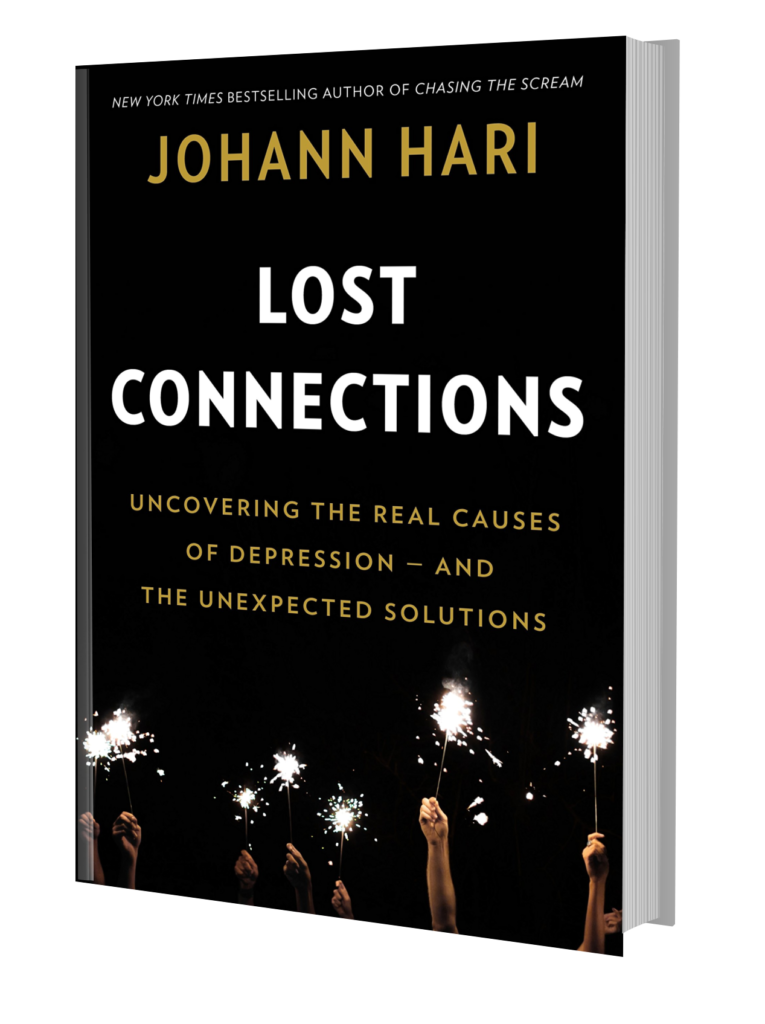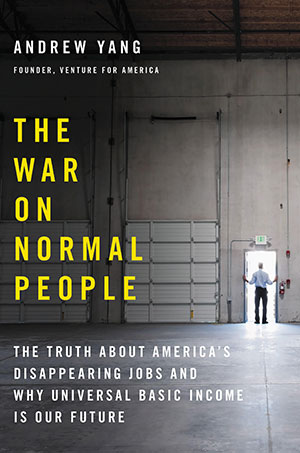Guest post today from Aaron Eischeid
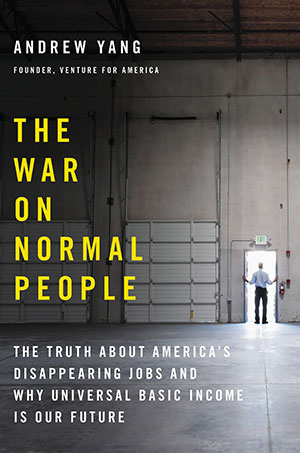
Source: Public Library
Why I Picked It
The author, Andrew Yang, is currently seeking the nomination to be the democratic presidential candidate, and his distinguishing policy position is to implement a form of Universal Basic Income (UBI). I have been previously interested in UBI as a potential solution for poverty and subsequently many of poverty’s second and third order effects like addiction, abuse, depression, obesity etc. I am very glad that discussion around UBI is happening on a national stage, and wanted to learn more about Yang, and his plans specifically.
Idealistically speaking, I think UBI or a national dividend (same idea different marketing term) may be a rather good way to balance out some of the inherent injustices and inequalities of the system we are currently in. Ultimately UBI is a wealth redistribution scheme, but it stands out in that while other social welfare programs or wealth redistribution schemes tend to be heavy on bureaucracy, one of the appeals of UBI is how simple it is and how much existing bureaucracy it could stand to eliminate over time.
Not An Economics Textbook
This book obviously isn’t meant to be an academic work. Most of his intended audience would probably lose interest if it were. It is a book written by a presidential candidate, after all. In interviews, Yang has referred to UBI (or his particular nomenclature for it – the Freedom Dividend) as “capitalism that doesn’t start at zero” or “trickle up economics”. The latter phrase resonates with me much more than the former, but economics experts may cringe at both. I don’t know.
His writing and speaking style reflects that Yang is a venture capitalist / entrepreneur type more than an intellectual. As such he approaches the idea of UBI in a different way than I have tended to think about it. Where I tend to start from “seems like kind of the right thing to do”, and see the numerous pragmatics as icing; he seems to start from practical necessity – stemming from the rise of automation and the subsequent loss in jobs – and his cherry on top is the idealistic concept that “we’re all really shareholders in the wealthiest nation on the planet” (this is me sort of paraphrasing – not a direct quote).
He is not alone. Many people from the CEO or entrepreneurship side of the economy see the coming wave of job loss, and have latched onto the concept of UBI as good potential solution for the problems that will inevitably arise if the current mentality around jobs doesn’t shift significantly. Or similar business minded folk point out there is a solid case to be made that the socio-economic benefit of UBI is just a good deal. UBI isn’t cheap, but they argue it is an incredible bang for the buck in its potential to move the needle on costly budget items like crime, health care, education, and so on.
Themes and Concepts Covered
They Took Our Jobs!
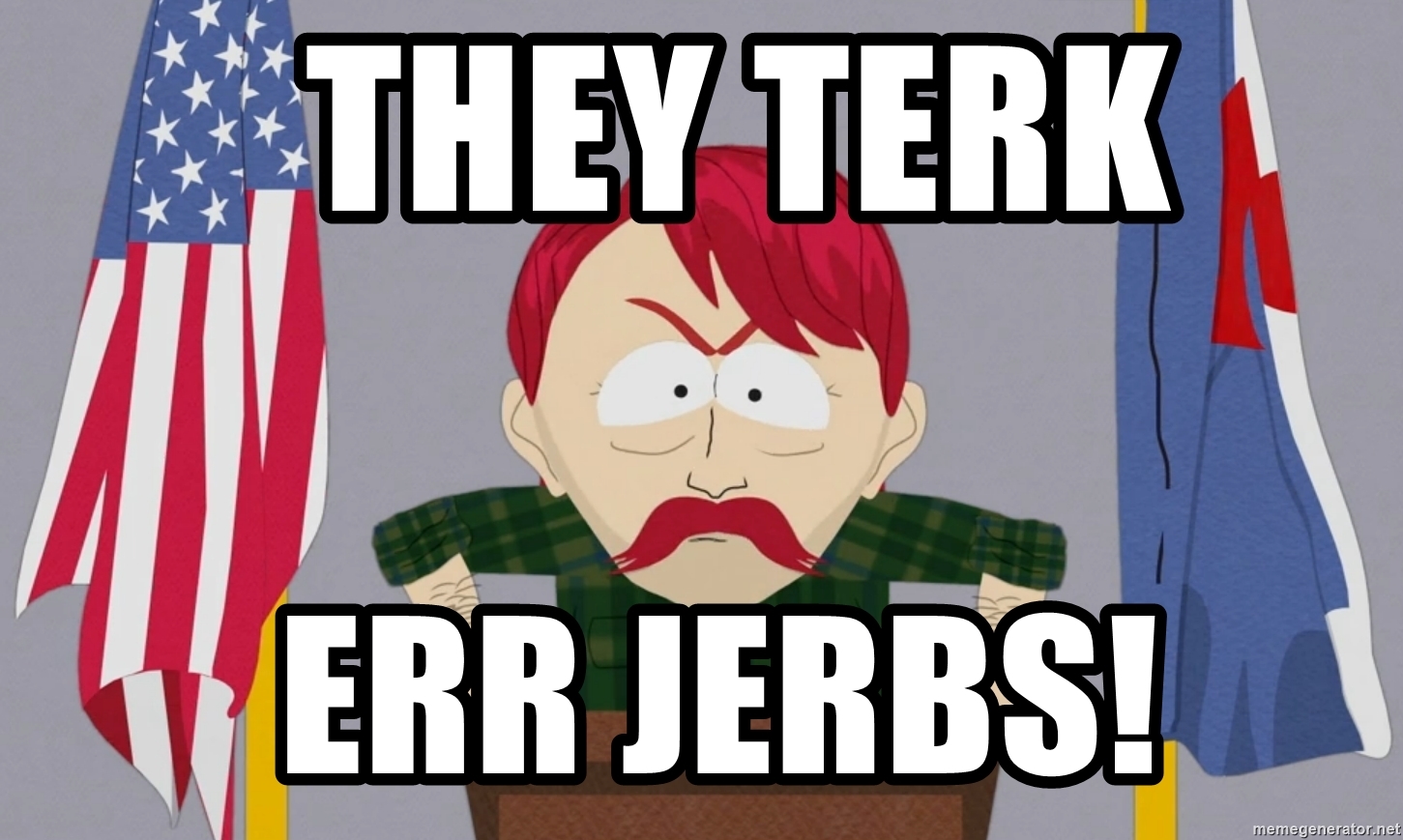
Most of the first two thirds of the book outlines the problem in the US economy related to jobs.
First, a couple chapters are spent trying to convince us that a coming wave of automation and subsequent job loss is immanent. I tend to think some of the hype around AI is more fiction than science, but whether we have fully automated fleets of semi trucks or just mostly assisted driving, I do think Yang is almost certainly correct that there are about to be a whole lot less of certain kinds of work in the not so distant future, and as a society we aren’t really well prepared for that shift.
He does a nice job outlining that this isn’t only a problem for truck drivers and fast food cashiers, but really for anyone with repetitive task types of jobs. This can involve relatively non-specialized skills like call center employees. It can also impact highly trained professions like x-ray technicians, stock traders, and even surgeons.
A good chunk of pages are spent explaining the ‘normal people’ – the median income and education levels, the types of jobs, and the suburban environment etc. Nothing to surprising for anyone whose paid attention to these sorts of things before. Here he also discusses how unemployment statistics are largely misleading – and GDP is a poor measure of economic health. Agreed!
How many and what types of jobs were already lost in various periods is covered at length; though his focus falls on the period from 2000 to 2014 where millions of manufacturing jobs (ie. normal people jobs) simply disappeared. Then he discusses the dramatic impacts that has had on communities – from crime, to depression, to marriage rates, to the numbers of people going on social security disability, to the opioid epidemic, to the ways that it likely impacted political voting trends. All quite interesting, if somewhat depressing stuff.
Just Teach Them To Program Then
His discussion of how job retraining or education aren’t realistic solutions to the problem are a bit interspersed, and disjointed, but he makes some good points and seems to have a similar picture of the college bubble as I have. Personally, being a more self motivated learner I find it hard to grasp why the statistics on the efficacy of retraining are so dismal, but so it is. Still, even granting that retaining workers were effective there stands the problem of what you would train them all to do. Bureaucratic institutions setup to determine this are bound to be behind the curve at best, whereas just re-adjusting the employment market via UBI has a potential to be much more dynamic.
Interestingly he has some background in education / tutoring and holds the view that teaching is one of the things that doesn’t scale via automation well. While I might disagree with him on the potential for online courses, I am very much with him that job retraining is a non-solution to automation generally.
One of the things in particular that has intrigued me personally about the idea of UBI is the ways I might re-arrange my own employment. I have always thought I would enjoy teaching in some fashion, but could never justify doing it based on the pay and other factors. UBI paired with non-employer sponsored medical insurance – another one of Yang’s major policies is medicare for all – enables restructuring employment such that being a part time teacher might actually be practical!
The Critical Policy Solution: UBI a.k.a. Freedom Dividend
For as much as the book revolves around the idea of a UBI it spends only a couple chapters articulating the policy, how it would be paid for, and addressing a few popular criticisms of it. I suppose this could be because it is a very simple idea. Just give people money. The major new source of funding Yang proposes to help pay for it is a VAT tax. Again, a relatively proven and well understood system, outside the US at least, and it does have some potential to get at some portions of the economy that are paying less than their fair share currently. Finally, the most popular criticisms are mostly based in ignorance about the idea or economics, so they are not difficult to address.
I still have lots of questions on the details and the nuance. Learning more about those was one of my hopes in reading this. As I have already mentioned the broader intended audience would probably have been put off by that sort of stuff, so though I can’t fault Yang for not getting into all that, I also can’t help but feel a bit disappointed in this regard.
Auxiliary Ideas
At this point Medicare for all or some similar single payer system is a no-brainer to me, but he doesn’t waste words as he spends a chapter on it because he brings up points in favor of the idea that many democrats may tend to overlook. I suspect his angle would tend to appeal to the more republican or libertarian minded too – such as how health care isn’t a typical free market, and the ways employer tied health benefits negatively effect the job market. UBI by itself isn’t sufficient to realize the liberation of the labor market. It needs to occur in tandem with some sort of universal healthcare.
He does have a few ideas to potentially help promote more holistic health care since just changing who pays the bills doesn’t fix all the shortcomings of the current medical system in the US. Ideas ranged from paying doctors a fixed salary vs per patient, to psych consultations to go with doctors appointments. Fine ideas, but they feel a little more borrowed than internalized, and it isn’t clear how much of that would translate into policy, or how, but at least he’s thinking innovatively in this area I guess.
One idea he covers briefly, that was mostly new to me, is that of a social currency that would be a separate parallel currency. Basically a scaled up version of time banking. I really like the concept! It feels like it has a lot of wide ranging potential. That said, Thus far I’m unconvinced this would need to be a federal program at all. Communities are already doing time banking. More probably could and should. Why getting the federal government involved is necessary or helpful is unclear other than it might speed it along.
So…
The book concludes with a bit of a “rah rah! we can do this!”, but with no specific call to action. There is a general summoning to “commit” and “sacrifice” for some of these ideas and policies he has presented because the problem is looming and with some of the solutions he has outlined presumably hope is not in vain. Maybe an implied “vote for me”, though there is no indication he had decided to run for office at the time of writing.
That all left me a bit wanting, but again it is a book by an entrepreneur and presidential hopeful, so I suppose that’s the kind of thing you’re going to get. I came away feeling like Yang on the whole has some good ideas and feels like a forthright and decent guy. A candidate worthy of voting for, especially if you accept his premise, that the problems of coming automation are legit, and that UBI is a good solution to them. But, while this book is an decent intro to the idea of UBI, it will do little to convince you that it is good policy if you care about the details.
Recommendation
Reading any of the books by presidential candidates is a rather good way to understand their policy positions; bound to be better than the soundbites on the mainstream news or via televised debates! However, there are so many candidates, many of whom have published a book. Policy-wise many of the candidates are actually quite similar. Others are fairly mainstream/establishment, thus you probably wouldn’t learn much beyond some nuance of their positions or personalities from reading their books, so I can’t recommend that as a general approach.
Yang, in making UBI the foundational policy of his campaign, is distinct in the field of current candidates. I personally have had good experience reading books of the more outlier candidates. Ron Paul is an example that comes to mind from a couple of election cycles ago. Agree or disagree with their positions, the ones that don’t fit so neatly into red or blue camps tend to have very interesting ideas or perspectives at the least. So, if you are going to be thinking and discussing politics this time around The War On Normal People is a decent place to start.
